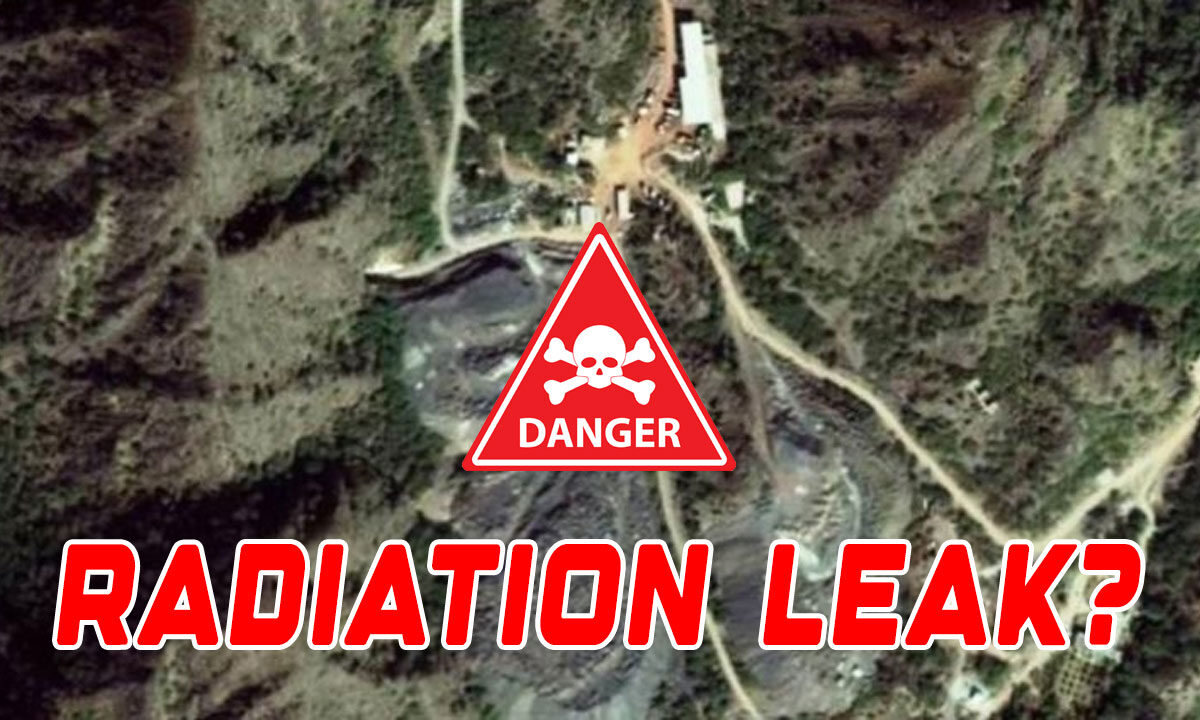Was a Radiation Leak in Pakistan’s Kirana Hills Behind the Sudden India-Pakistan Ceasefire? IAEA Breaks Silence
The statement was issued to counter claims that a radiation leak had occurred and was potentially the reason for a sudden ceasefire between India and Pakistan.

Amid growing speculation on social media and certain foreign media outlets about a possible nuclear incident in Pakistan following recent airstrikes, the International Atomic Energy Agency (IAEA) has issued a firm denial. The clarification comes as rumors swirled about a radiation leak and an alleged strike on sensitive nuclear sites.
Table of Contents
IAEA Confirms No Radiation Leak in Pakistan
Fredrik Dahl from the IAEA’s press department responded to inquiries from The Times of India (TOI), stating:
“We are aware of the reports. Based on information available to the IAEA, there was no radiation leak or release from any nuclear facility in Pakistan.”
The statement was issued to counter claims that a radiation leak had occurred and was potentially the reason for a sudden ceasefire between India and Pakistan. These theories were fuelled by commentary from foreign analysts and unverified movements of specialized aircraft in the region.
Also Read: Pakistan Urges India to Reconsider Suspension of Indus Waters Treaty After Pahalgam Attack
Indian Air Force and MEA Deny Striking Nuclear Sites
The speculation intensified after some suggested that the Indian Air Force (IAF) had targeted Pakistan’s Kirana Hills — a highly secured military zone believed to house underground nuclear installations.
Responding to these reports, Air Marshal A.K. Bharti, Director General of Air Operations, dismissed the claims, stating:
“Thank you for telling us that Kirana Hills houses nuclear installations. We didn’t know about it. We have not hit Kirana Hills and whatever is there.”
India’s Ministry of External Affairs (MEA) also rejected the allegations. Spokesperson Randhir Jaiswal emphasized that India’s military action was “entirely within the conventional domain.” He further added that reports of Pakistan’s National Command Authority meeting over the issue were later denied by Pakistan itself.
Rumors Fueled by Aircraft Movements and Online Platforms
Online speculation gained traction after flight tracking platforms reportedly detected a U.S. Department of Energy aircraft — commonly deployed during nuclear incidents like Fukushima — operating near Pakistan. Additionally, unverified reports emerged claiming that an Egyptian military aircraft had landed in Pakistan carrying boron, a chemical used to control radioactive emissions.
However, both these claims were dismissed by former military officials as baseless and speculative.
Kirana Hills: A Sensitive and Strategic Site
Kirana Hills, located about 75 km from the Khushab nuclear complex, is considered one of Pakistan’s most fortified zones. It is widely believed to host over ten underground nuclear tunnels and is viewed by analysts as a cornerstone of Pakistan’s second-strike capability.
Due to its strategic importance and proximity to nuclear infrastructure, any rumors surrounding this area tend to escalate quickly. However, no credible evidence has emerged to suggest a breach or strike on nuclear assets.
Conclusion
With clarifications from the IAEA, Indian officials, and denials from Pakistan’s government representatives, the narrative around a radiation leak or nuclear strike appears to be speculative at best. As both countries navigate the delicate post-strike scenario, transparency and factual reporting remain crucial in preventing misinformation from triggering unnecessary alarm.
